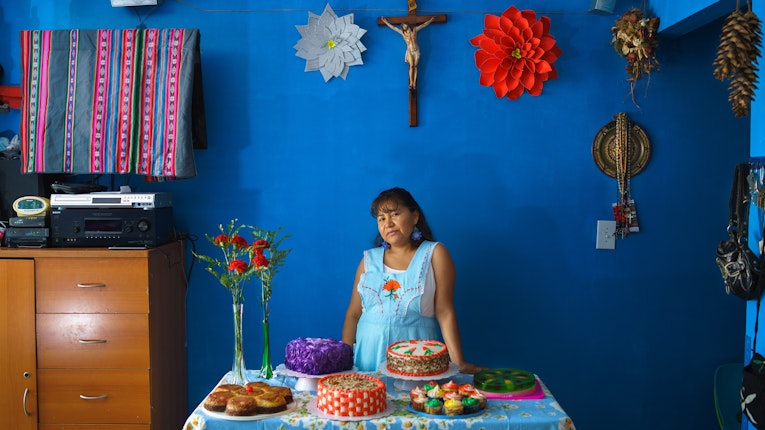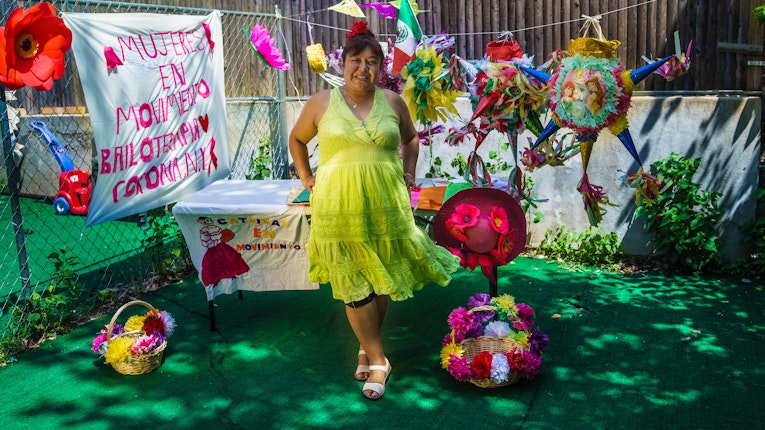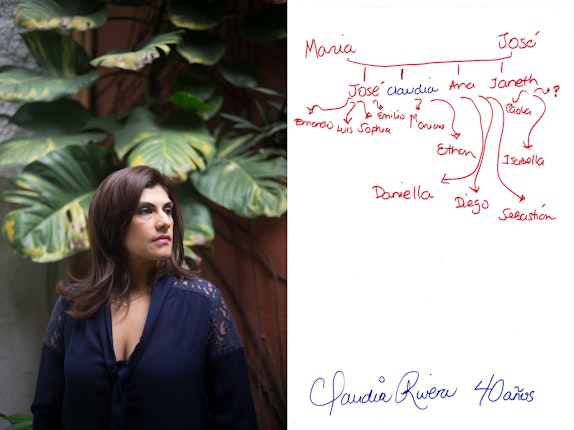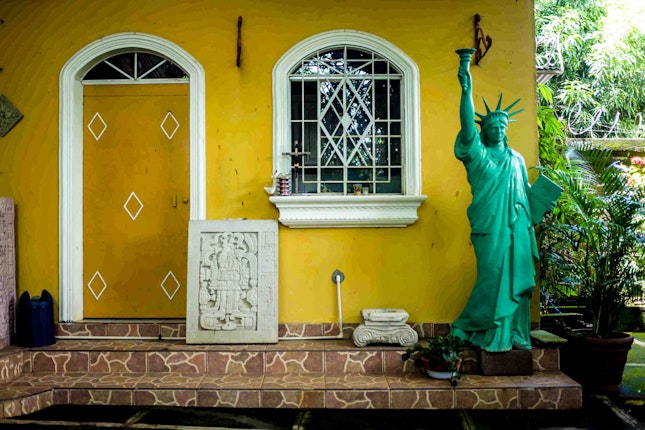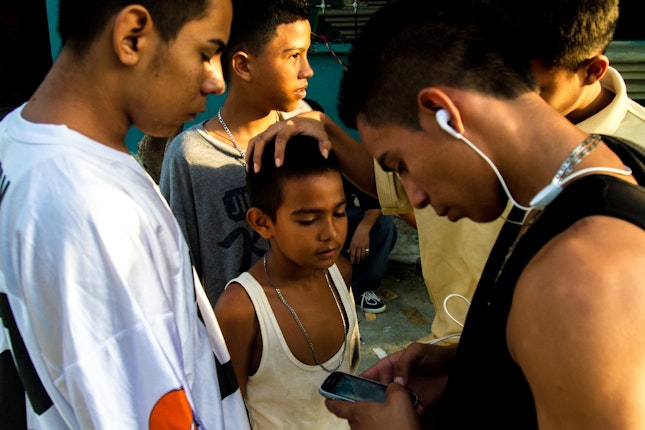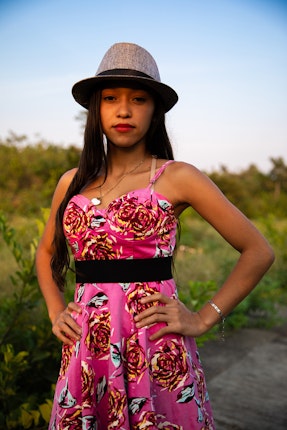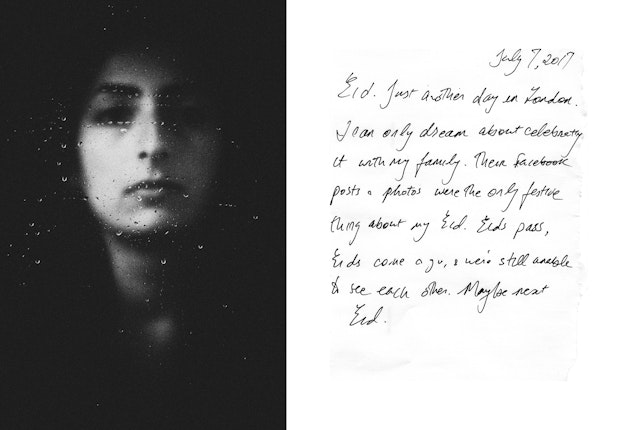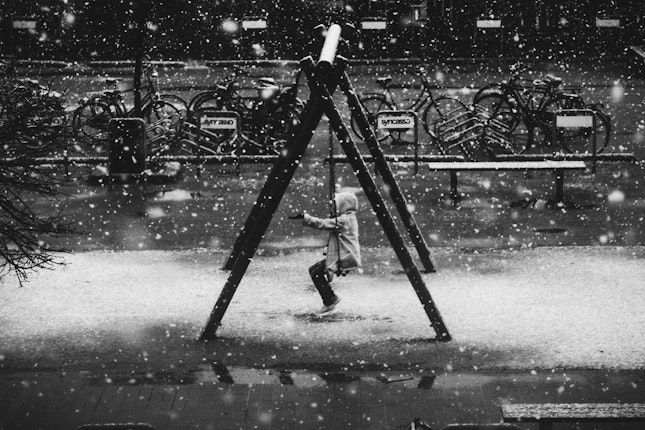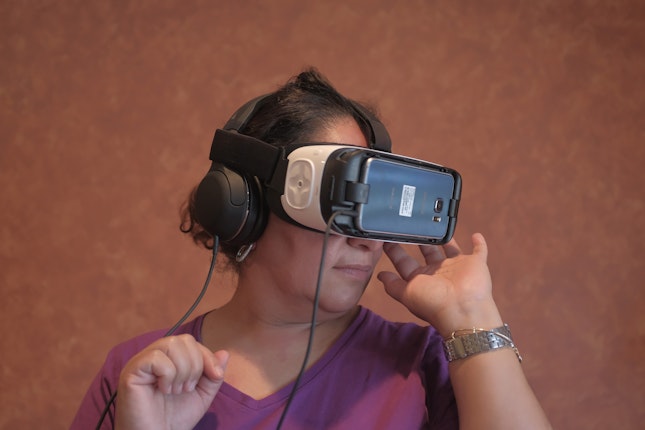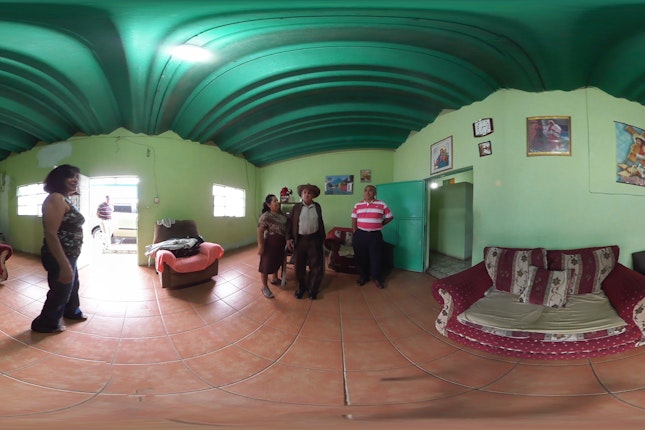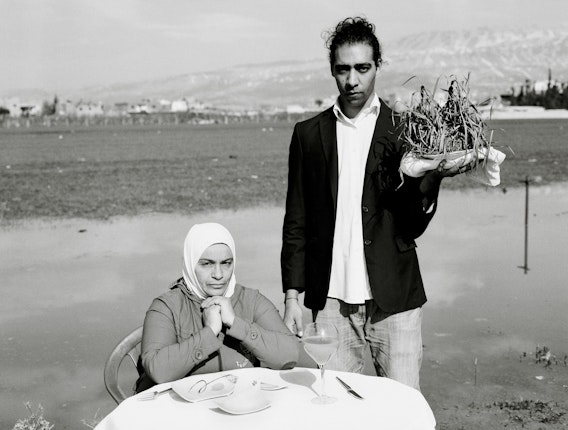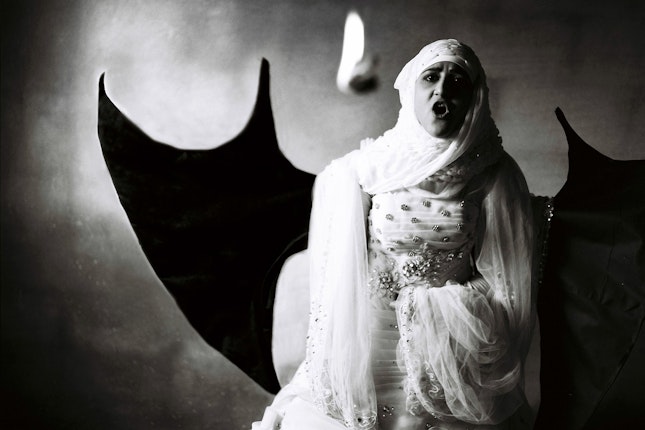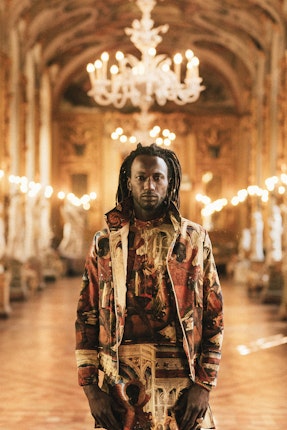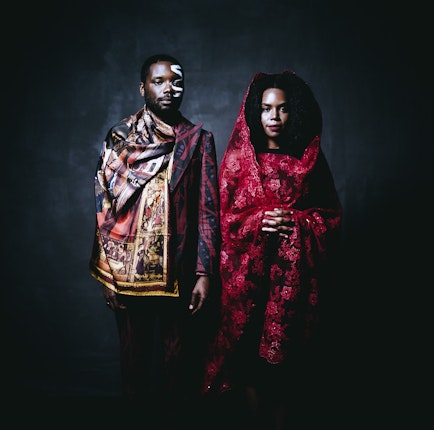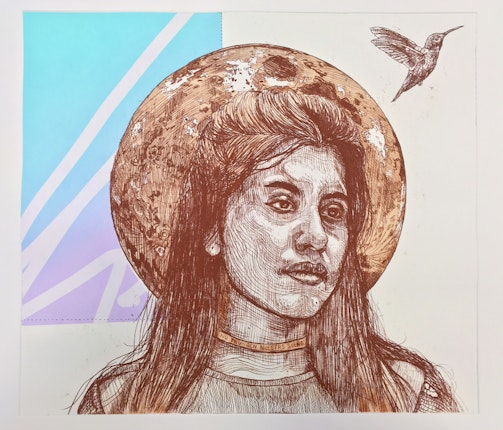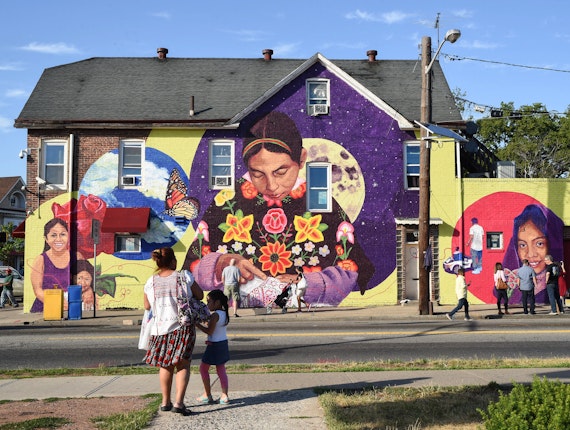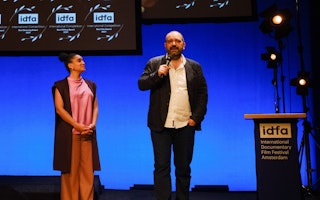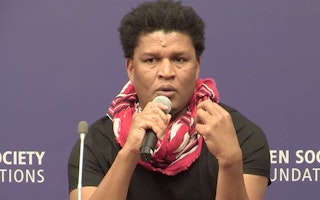Announcing Moving Walls 25: Another Way Home
By Yukiko Yamagata & Siobhan Riordan
The Open Society Documentary Photography Project is proud to mark the 20th anniversary of the Moving Walls exhibition series by announcing Moving Walls 25: Another Way Home.
Another Way Home brings together eight projects led by 13 visionary artists, journalists, and creative technologists who are exploring the topic of migration through documentary practice. These artists reclaim and redefine narratives of refugee and immigrant experiences by focusing on themes of identity, community, and resilience. In addition to being selected for the Another Way Home exhibition, each featured artist will receive a fellowship for work on migration which stands at the intersection of arts, media, documentary, and social change.
The fellows were selected from a pool of over 400 applicants by a panel which included: Rocío Aranda-Alvarado (Ford Foundation), Omar Berrada (Dar al-Ma’mûn), Raquel de Anda (No Longer Empty), Rahima Gambo (visual artist), Pedro Lasch (Duke University), Loira Limbal (Firelight Media), Lekgetho Makola (Market Photo Workshop), Opeyemi Olukemi (POV | AmDoc Interactive), and Open Society Foundations staff Rashida Bumbray (Arts Exchange), Veronika Chatelâin (Documentary Photography Project), Lucretia Keenan (International Migration Initiative), Siobhan Riordan (Documentary Photography Project), Kate Rosin (International Migration Initiative), Alvin Starks (U.S. Programs), and Yukiko Yamagata (Documentary Photography Project).
Alongside recipients of the Magnum Foundation’s Photography in Collaboration: Migration and Religion grant, the selected artists in Moving Walls 25 will participate in a two-day project development lab hosted by the Brown Institute for Media Innovation at Columbia University.
At a time when depictions of migrants across the globe can often be reduced to stereotypes, we are proud to stand with these creative innovators, whose mission is to infuse visual culture and civil society with visceral imaginations that center the lived experiences of migrants, immigrants, and refugees within new narratives of self-determination.

The following are the 2018 Open Society Moving Walls artists:
- Sol Aramendi (b. 1968, Argentina; lives in the United States) will exhibit work co-created with community members and workshop participants of her initiative Project Luz, a nomadic space that uses photography as a tool of empowerment for immigrant communities. Her fellowship will support a new project, “The Workers’ Studio,” which will be focused on encouraging immigrant workers and day laborers to organize within economic cooperatives.
- Jessica Ávalos (b. 1985; born and lives in El Salvador), Koral Carballo (b. 1987; born and lives in Mexico), and Anita Pouchard Serra (b. 1985, France; lives in Argentina) will exhibit “Welcome to Intipucá City,” which explores the impact of emigration and the cyclical nature of migration on generations of families living in Intipucá, El Salvador. Their fellowship will support the continuation of the project, including three reporting trips, an exhibition, and a book.
- Tomas Ayuso (b. 1986, Guatemala; lives in the Americas) will exhibit “The Right to Grow Old,” a long-form project on the causes and consequences of the recent mass migration of Hondurans, focusing especially on migrations to Mexico and the United States. His fellowship will support the completion of production on the project.
- FRPxTN will exhibit “Fractured Connections,” an installation of 360 video experiences connecting undocumented families in the United States with their families in Latin America, bringing to light the deeply personal experience of family separation. FRPxTN is a collaboration between the Family Reunions Project and Tierra Narrative, led by collaborators Génesis Mancheren Abaj (b. 1992, Guatemala; lives in the United States), Kenia R. Guillen (b. 1994, El Salvador; lives in the United States), Alvaro Morales (b. 1992, Peru; lives in the United States), and Frisly Soberanis (b. 1993, Guatemala; lives in the United States). Together, the two collectives use virtual reality and new forms of storytelling to connect people in the Central American diaspora to each other and to their homelands. Their fellowship will support their work to bring pop-up installations of “Fractured Connections” to community spaces across New York City, and beyond.
- Thana Faroq (b. 1989, Yemen; lives in the Netherlands) will exhibit “The Passport,” a work of personal reportage reflecting on notions of freedom and the struggle to leave a country where violence, war, and aggression are prevalent. Her fellowship will support further work on the project, including a publication, exhibitions, and public programming.
- Omar Imam (b. 1979, Syria; lives in the Netherlands) will exhibit “Live, Love, Refugee,” a photographic series created in collaboration with Syrian refugees that employs both surrealism and realism to disrupt recurrent abstract and victimizing representations of migrants and refugees. His fellowship will support production for a new project called “Syrialism,” which explores the visual mood of the Syrian diaspora.
- Walé Oyéjidé (b. 1981, born and lives in the United States) will exhibit “After Migration,” a fashion photography portrait series that aims to subvert mainstream media representations by featuring models who are themselves refugees and highlighting designs from Oyejide’s clothing line Ikire Jones, which blends European silhouettes with West African textiles. His fellowship will support continued work on the “After Migration” project.
- Layqa Nuna Yawar (b. 1984, Ecuador; lives in the United States) will exhibit “Across la Tierra,” a large-scale painted mural, made in collaboration with the organization United We Dream, which is an example of his practice of raising the voices and stories of underserved communities, migrants, and people of color, through public art and figurative representation. His fellowship will support further work on the project including research, production, and the creation of a virtual reality experience.
Moving Walls 25: Another Way Home will be open to the public at the Open Society Foundations’ office in New York from September 26, 2018, through July 17, 2020.

Until December 2021, Yukiko Yamagata was curatorial and deputy director of Culture and Art at the Open Society Foundations.
Until November 2021, Siobhan Riordan was a project lead with Culture and Art at the Open Society Foundations.
